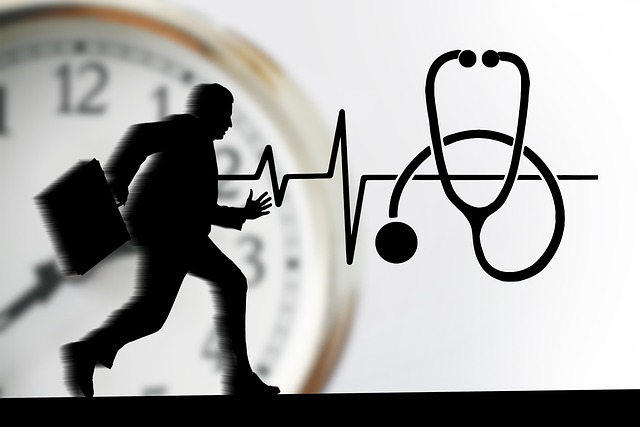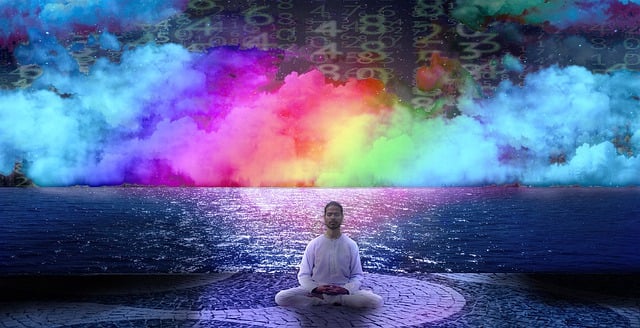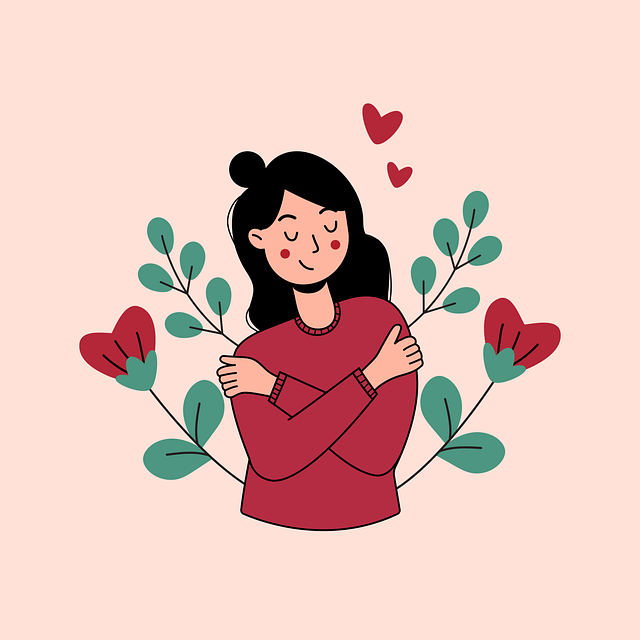Mental health advocacy in Lakewood focuses on creating an inclusive environment through breaking down stigma barriers, especially for the culturally diverse Russian-speaking population. Programs like Lakewood Russian Speaking Therapy offer tailored services, public education, and myth-busting to empower residents. These initiatives improve access to mental health care, foster support networks, and enhance overall well-being. The program exemplifies cultural bridge-building in healthcare, using specialized therapy, linguistically and culturally competent therapists, and innovative training to improve patient outcomes. Collaboration between therapists, community leaders, and support groups creates comprehensive support systems tailored to unique needs, while measuring impact ensures program success and areas for improvement, including risk assessment for professionals.
Mental health advocacy initiatives play a vital role in fostering inclusive communities. This article explores various aspects of mental health activism, from understanding its core principles and breaking down stigma to implementing effective strategies in diverse settings. We highlight the success of innovative programs like the Lakewood Russian Speaking Therapy Initiative, showcasing how cultural sensitivity can enhance access to care. By examining alliances between therapists, community leaders, and support groups, as well as measuring impact, we aim to empower advocates and improve mental wellness outcomes.
- Understanding Mental Health Advocacy: Breaking Down Stigma and Barriers
- The Lakewood Russian Speaking Therapy Initiative: A Cultural Bridge to Care
- Strategies for Effective Mental Health Advocacy in Diverse Communities
- Building Alliances: Collaboration Between Therapists, Community Leaders, and Support Groups
- Measuring Impact: Evaluating the Success of Mental Health Advocacy Programs
Understanding Mental Health Advocacy: Breaking Down Stigma and Barriers

Mental health advocacy plays a pivotal role in fostering an environment where individuals can openly discuss and seek support for their well-being. At its core, advocacy aims to break down the barriers created by stigma, which often prevents people from accessing necessary care. This is especially important within communities like Lakewood, where cultural nuances, such as language differences, can further isolate those struggling with mental health issues. For example, the Lakewood Russian Speaking Therapy community outreach program addresses these challenges by providing services tailored to the unique needs of Russian-speaking individuals.
By implementing effective advocacy strategies, we not only raise awareness about various stress reduction methods and positive thinking techniques but also ensure that resources are readily available. These initiatives involve educating the public, dispel myths, and promote understanding. Community outreach programs, for instance, can empower people to recognize signs of mental health issues in themselves or others, encouraging early intervention. This collective effort helps create a supportive network where everyone feels comfortable seeking help, ultimately leading to improved mental health outcomes.
The Lakewood Russian Speaking Therapy Initiative: A Cultural Bridge to Care

The Lakewood Russian Speaking Therapy Initiative is a shining example of how cultural bridges can be built within healthcare systems to improve access and quality of care for underrepresented communities. Recognizing the unique challenges faced by individuals from Russian-speaking backgrounds in navigating mental health services, this initiative offers specialized therapy tailored to their cultural needs. By providing therapists who share similar linguistic and cultural backgrounds, the program fosters a sense of comfort and understanding, encouraging open communication and enhancing the therapeutic process.
Through innovative Empathy Building Strategies and incorporating Positive Thinking principles, the Lakewood Russian Speaking Therapy Initiative ensures that healthcare provider cultural competency training is not just theoretical but practical and impactful. This approach not only improves patient outcomes but also strengthens the overall mental health ecosystem by promoting inclusivity and equity in healthcare delivery.
Strategies for Effective Mental Health Advocacy in Diverse Communities

Effective mental health advocacy requires tailored strategies that resonate with diverse communities. One successful approach involves leveraging cultural sensitivity and accessibility to bridge the gap between service providers and those in need. For instance, initiatives like Lakewood Russian Speaking Therapy cater specifically to communities where language barriers might otherwise hinder access to care. By offering services in native languages and understanding cultural nuances, such programs ensure that mental health support is not only available but also welcoming.
Additionally, incorporating evidence-based practices can amplify the impact of advocacy efforts. Encouraging the use of mood management techniques, like mindfulness meditation, has been shown to improve mental wellness. Moreover, providing guidance on keeping a mental wellness journal can offer individuals a powerful tool for self-reflection and tracking their emotional well-being. These strategies, when coupled with community-focused outreach, can lead to more inclusive and effective mental health advocacy.
Building Alliances: Collaboration Between Therapists, Community Leaders, and Support Groups

Building alliances between therapists, community leaders, and support groups is a powerful strategy to enhance mental health advocacy initiatives. By fostering collaboration, diverse networks can create comprehensive support systems that cater to the unique needs of various communities, including those with specific linguistic backgrounds, such as the Lakewood Russian-speaking population. This holistic approach ensures that individuals facing challenges related to emotional regulation and conflict resolution techniques receive tailored assistance.
Community leaders play a pivotal role in reaching out to underserved groups, raising awareness about mental health, and encouraging open conversations. Therapists can provide specialized care while integrating positive thinking strategies into their practices. Support groups, led by trained facilitators, offer safe spaces for peer-to-peer connections, sharing experiences, and learning valuable conflict resolution techniques. Such partnerships have the potential to revolutionize mental healthcare accessibility and create a supportive environment where individuals feel empowered to take charge of their well-being.
Measuring Impact: Evaluating the Success of Mental Health Advocacy Programs

Measuring impact is a crucial aspect of evaluating the success of mental health advocacy programs, such as those offered by Lakewood Russian Speaking Therapy. By implementing robust evaluation strategies, organizations can assess the effectiveness of their initiatives and identify areas for improvement. This involves tracking key performance indicators (KPIs) related to service utilization, client outcomes, and community outreach. For instance, measuring the number of individuals served, the types of services accessed, and changes in clients’ mental health symptoms over time provides valuable insights into program success.
Moreover, integrating empathy-building strategies within these programs can further enhance their impact. Mental wellness podcast series production, for example, offers a creative platform to share personal stories, raise awareness, and foster community support. Risk assessment for mental health professionals is also essential to ensure the safety and well-being of both advocates and those they serve. These comprehensive approaches contribute to the overall success of mental health advocacy initiatives, fostering positive changes within the community.
Mental health advocacy initiatives, as demonstrated by the Lakewood Russian Speaking Therapy Initiative, play a pivotal role in breaking down cultural and linguistic barriers, enhancing access to care, and fostering inclusive communities. By collaborating with therapists, community leaders, and support groups, these programs not only empower individuals but also significantly contribute to measuring and improving mental health outcomes for diverse populations. This holistic approach ensures that everyone, regardless of background, receives the necessary support and resources for their mental well-being.














